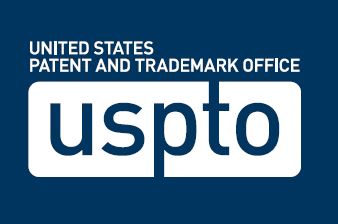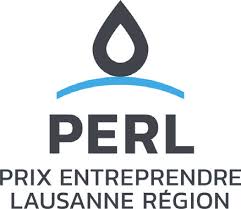OUR technology
Research & Innovation
Resulting from scientific research in Artificial Intelligence at EPFL, Prediggo has developed a unique technology to increase eCommerce sales.
Market search engines
Most search engines on the market, whether they charge a fee or are open-source solutions, use Elastic Search or Solr technology. These 2 solutions are extensions of the Apache Lucene open-source project (1).
Lucene is a search engine that has proven its worth but it was built for document retrieval, not for eCommerce. This partly explains why agencies have difficulty setting up the engine to achieve relevant results.
At Prediggo, we do not use an open-source engine, but have developed ourown technologycalled Prediggo Genetic Search.
(1) Lucene

Our search engine

The Genetic Search search engine was developed in the environment of EPFL’s Artificial Intelligence laboratory. It has been the subject of a thesis and is constantly evolving. We are continuously improving it to make it even more powerful.
The main advantages of our search technology
Resulting from more than 10 years of research, our engine beats Lucene and its offshoots on the following points:
Improved relevance
We do not use the basic version of the Levenshtein algorithm to calculate distances in case of error, but the advanced version called Oflazer. The Levenshtein version works well for the English language but is not very well-suited to European languages because it does not discriminate between errors according to their typology. ith Levenshtein’s algorithm, changing an “e” into an “x” is worth 1 point; this is the same distance as changing “e” into “é”. Oflazer’s algorithm allows us to apply different weightings according to the type of error and thus offer more relevant results for European languages.
Deep Learning
Product sorting does not depend solely on document classification algorithms such as TF-IDF and the weighting of particular attributes. Prediggo combines these algorithms with eCommerce business KPIs (like click-through rate, conversion rate, sales…) in order to offer a self-learning algorithm that improves search quality while increasing site conversion.
More powerful autocorrection
Lucene only uses the Levenshtein algorithm to correct spelling mistakes. At Prediggo, we use a combination of different algorithms like Oflazer, phonetic correction, Word split and many more. Our Genetic Search algorithm is based on the DNA genome, where each search algorithm is modelled on a DNA nucleotide, and the correction algorithm sequence is unique to each customer in order to adapt to the errors made by their end user customers.
Ease of use
Lucene’s configuration can be very complex and requires advanced knowledge in the field of document retrieval, which is not really compatible with the eMerchandising world. With Prediggo, any person with the relevant rights can easily change the tool’s settings from the Prediggo Cockpit.
Our recommendation technology

Prediggo uses the patented algorithm called Ontology Filtering. This algorithm was designed by Prediggo’s founder, Vincent Schickel, during his doctoral thesis in Artificial Intelligence at EPFL.

The main advantages of our recommendation technology:
The patented Ontology Filtering algorithm differs from other algorithms in several crucial aspects:
Improved relevance
The algorithm not only uses sales data but takes account of the product’s semantic information (such as product attributes). This provides a better understanding of what people are buying and knowledge about the intrinsic product features that are important to the user.
Better relationship modelling
Product sorting does not depend solely on document classification algorithms such as TF-IDF and the weighting of particular attributes. Prediggo combines these algorithms with eCommerce business KPIs (like click-through rate, conversion rate, sales…) in order to offer a self-learning algorithm that improves search quality while increasing site conversion.
Ontology Filtering has many advantages for eMerchants:
We make far more accurate recommendations with 5 times less data.
The semantic layer makes it easy for the eMerchandiser to add business constraints in order to gear the recommendations towards strategic business objectives.
Ontology Filtering is not a black box, and the recommendations can be explained quite easily to a human being.

Constant research
More recently, Prediggo worked with EPFL to adapt the Context Tree algorithm to the needs of eCommerce. The Context Tree is a new artificial intelligence method that uses Bayesian Variable-order Markov Models based on users’ journeys on the site in order to make recommendations. A/B tests among our customers have shown that this new algorithm, when we have enough data on the customer journey, sells up to 4 times more products than conventional solutions. Without these data, the Ontology Filtering algorithm remains the best.
These findings were published at the AAAI 2019 conference, one of the world’s most prestigious academic conferences on Artificial Intelligence. Many resellers talk about Artificial Intelligence without publishing their research or having it validated by independent researchers. At Prediggo, we are proud to demonstrate our competence in this field, and help the scientific community to move forward.
Prediggo & EPFL
Since it was founded in 2008, Prediggo has been using a patented technology developed in the Artificial Intelligence Laboratory (LIA) of the Swiss Federal Institute of Technology Lausanne (EPFL). This algorithm was designed by Prediggo’s founder, Vincent Schickel, during his PhD thesis at EPFL and is at the heart of our recommendation algorithm.
From the outset, Prediggo built a close partnership with EPFL which has made it possible to develop new cutting-edge solutions for e-merchants. This collaboration produced the new Genetic Search search algorithm, and more recently the new Context Tree recommendation algorithm.
The LIA, led by Prof. Boi Faltings, is a world-renowned institution in the field of artificial intelligence.
In addition to my research and teaching work at EPFL, I have served and continue to serve the Artificial Intelligence community as Associate Editor of various academic journals. I regularly sit on conference organizing committees (IJCAI, AAAI, ECAI and others) and I have been a “program (co-)chair” of seminars and conferences.
Thanks to our work with Prediggo, we have a better understanding of the impacts and limitations of our research technologies, which allows us to direct them better. Few research groups have the opportunity to measure the impact of their algorithms in real-life conditions. We hope to continue this strong partnership in the future.
Prizes awarded to Prediggo



